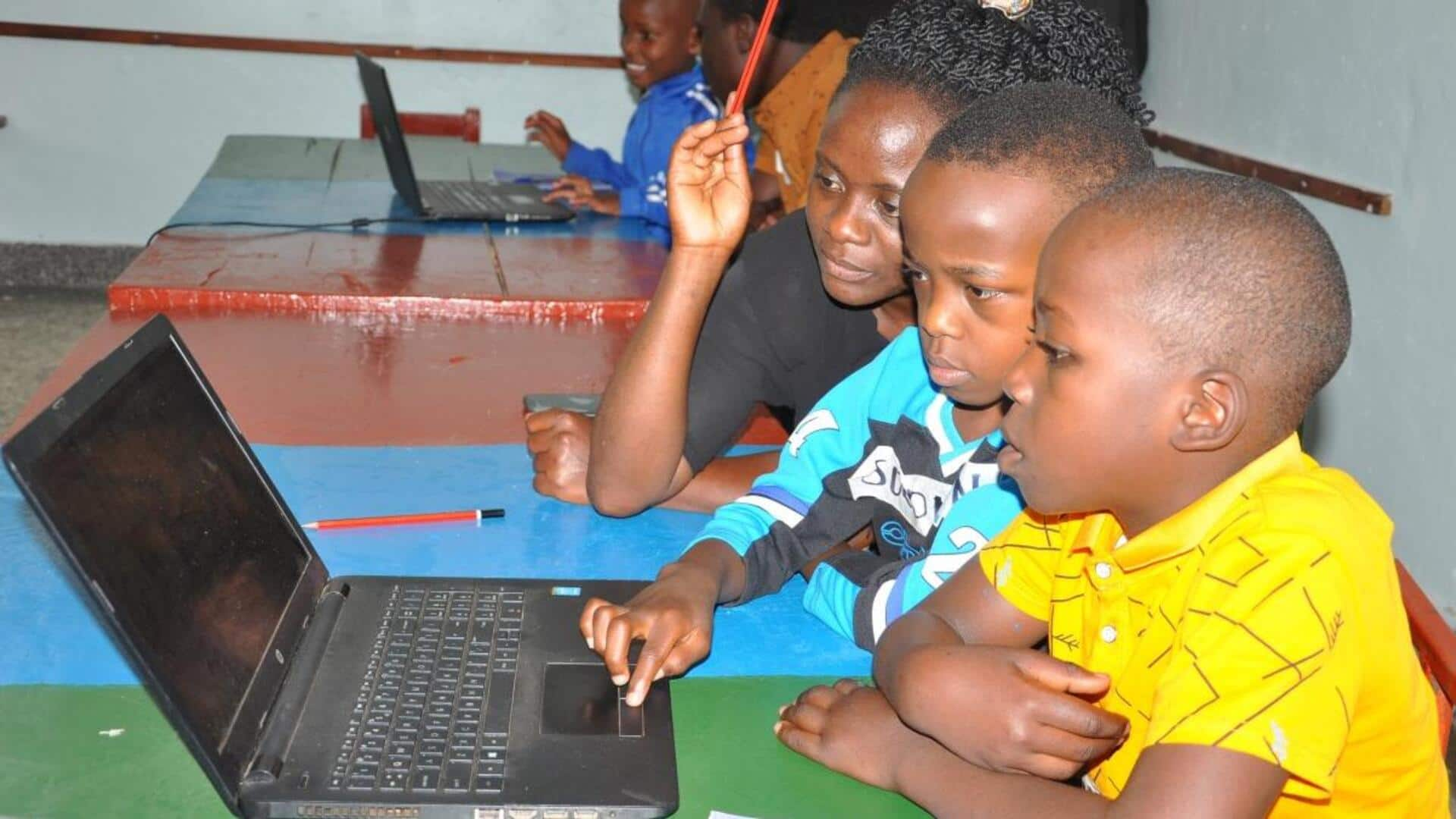
Why digital literacy matters in a tech-driven world In Africa , where traditional education can be a luxury, affordable digital literacy holds the key to empowering communities and uplifting lives. This article features a selection of low-cost initiatives across the continent focused on bridging the digital divide. These programs equip people with essential skills for navigating the digital world.
Free online courses and resources There are many platforms offering free online courses for all skill levels, from absolute beginners to advanced coders. Websites like Coursera and edX collaborate with top universities worldwide to offer courses in computer science , data analysis, and more. Plus, sites like Codecademy provide free interactive coding lessons.
These resources empower Africans to learn critical digital skills without the burden of financial cost. Community-based training centers Many African nations have set up community-based training centers to offer affordable (often free) digital literacy education to their citizens. These centers, which operate primarily on donated equipment and volunteer teachers, focus on imparting fundamental skills like computer operation, internet navigation, and software utilization.
They act as crucial local hubs for learning and development, particularly in rural regions with limited internet access. Government-sponsored programs Several African governments are taking proactive steps to boost digital literacy among their citizens. These initiatives primarily focus on schools, providing them with computers and training teachers to effectively incorporate digital tools into the curriculum.
By investing in education technology (EdTech), these government-led initiatives are preparing students with crucial digital skills from a young age. Mobile learning applications The ubiquity of smartphones in Africa has propelled mobile learning applications to the forefront of digital skills acquisition. Apps like Duolingo for language learning and Grasshopper for coding provide free versions, making them accessible to anyone with a smartphone.
These apps offer the advantage of learning at your own pace, fostering digital literacy without the constraints of traditional education. Public-private partnerships Collaborations between governments and tech giants are further boosting digital literacy in Africa. Big players like Google and Microsoft have launched initiatives providing free training sessions on digital tools and cloud technologies.
By pooling resources and expertise, these collaborations result in more robust educational programs, reaching larger audiences across the continent..










